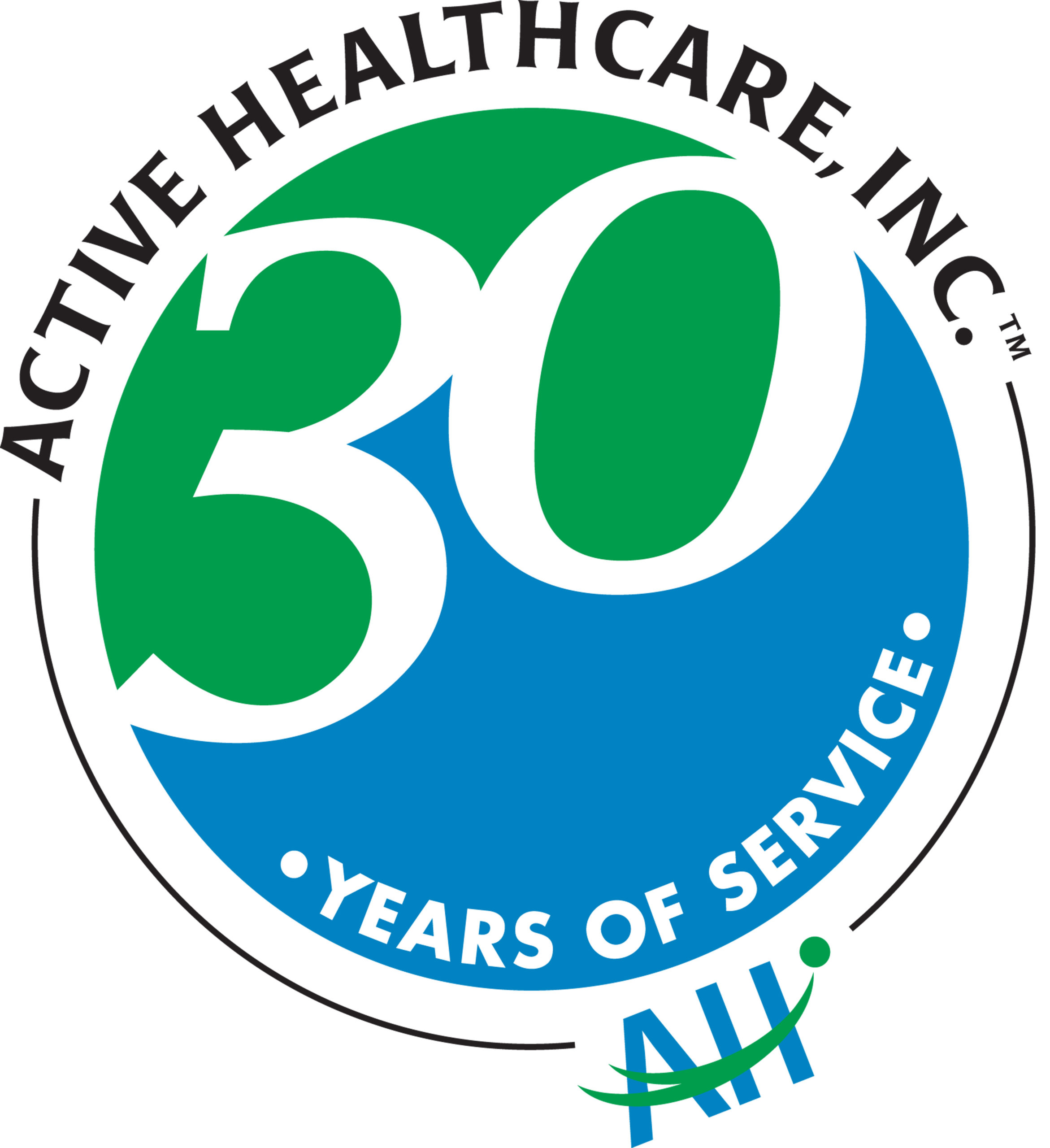
Photo from Shutterstock.
Camp memories last a lifetime – swimming in the lake, making crafts, having S’mores by the campfire, and making new friends. In order to keep these memories positive ones, parents should make sure children with insect or food allergies have an EpiPen (epinephrine auto-injector) available at camp. Anyone with a food allergy is at risk for anaphylaxis, and those with food allergies and asthma are at an even higher risk, which is why it’s so important to have epinephrine on hand.
Children should pack at least one EpiPen in case of an emergency, preferably two – one to keep with them at all times and one to leave with the camp nurse or a trained counselor. Campers that plan on canoeing or kayaking should pack their EpiPen in a Ziploc bag or a “dry bag” to keep it dry and secure since the epinephrine carrier tube isn’t waterproof.
Hot temperatures can reduce the effectiveness of EpiPens, but it can be hard to avoid the heat while at summer camp. Ideally, EpiPens are stored at room temperature (68-77 degrees), but they can be exposed to up to 86 degrees for short periods of time. On especially hot days, campers with EpiPens should try to find shade periodically and take breaks indoors. It’s not a good idea to use an ice pack in an attempt to keep an EpiPen cooler because extreme cold can also reduce the medicine’s effectiveness.
Campers with food or insect allergies that are exposed to these allergens should use an EpiPen immediately and go to the hospital for monitoring. It’s important to use an EpiPen right away, even if the affected individual doesn’t immediately exhibit symptoms.
Additional Resources:






















One Response to Allergy and Asthma Safety at Summer Camp